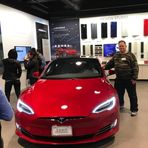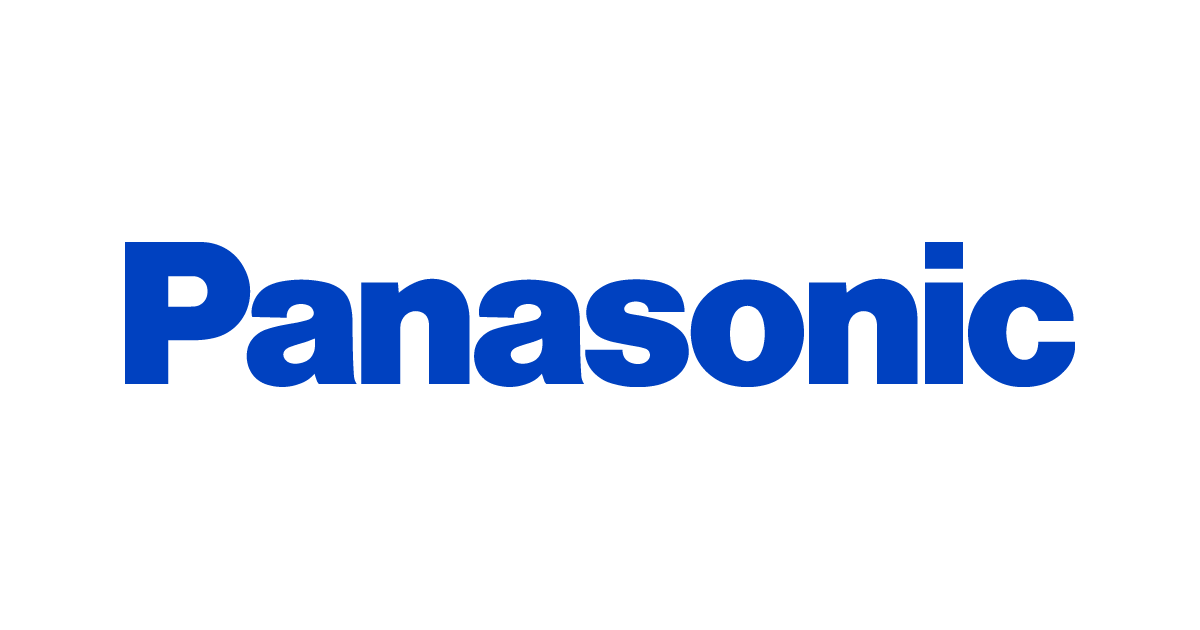Panasonic Energy Ignites the Future of EV Batteries
September 9, 2024, 3:48 pm

Location: United States, New Jersey, Camden
Employees: 1001-5000
Founded date: 1968
Total raised: $1.33M

Location: United States, Texas, Austin
Employees: 10001+
Founded date: 2003
Total raised: $3.86B
In the heart of Japan, a revolution is brewing. Panasonic Energy, a key player in the electric vehicle (EV) battery market, is ready to unleash a new wave of high-capacity batteries. The company has completed its preparations at its renovated plant in Wakayama, setting the stage for mass production of the 4680 cells. These batteries promise to change the game, boasting five times the capacity of their smaller counterparts.
The 4680 cells are not just a step up; they are a leap into the future. With a diameter of 46mm and a height of 80mm, these batteries are designed to enhance the driving range of electric vehicles. Automakers can now achieve greater efficiency with fewer cells. This is a win-win for manufacturers and consumers alike.
Panasonic Energy is not just looking to supply Tesla. The company has sent samples of the 4680 batteries to various automakers, eager to kick off production once they receive the green light. This move signals a shift in the EV landscape, where competition is fierce and innovation is key.
The timing is crucial. The global EV market is expanding rapidly. With the rise of electric vehicles, the demand for efficient, high-capacity batteries is skyrocketing. Panasonic's new plant aims to meet this demand head-on. The company plans to start production with an annual capacity of several gigawatt hours. This is no small feat. It reflects a commitment to sustainability and innovation.
Panasonic Energy's CEO, Kazuo Tadanobu, recently highlighted the potential of the global EV market. He envisions a future where electric vehicles dominate the roads. The Wakayama plant will employ around 400 staff by March 2025, focusing on the development and production of these new batteries. This facility will also serve as a testing ground for processes that could be implemented in other battery factories worldwide.
But Panasonic is not alone in this race. Subaru, another automotive giant, is joining forces with Panasonic to establish a new plant in Gunma prefecture. This collaboration aims to supply automotive batteries starting in the 2028 business year. The U.S. market is a significant focus for both companies, highlighting the importance of North America in the EV revolution.
As Panasonic ramps up production, it faces challenges. Tesla, its long-standing partner, has already begun producing its own 4680 batteries. However, the bottleneck lies in the speed of production. Panasonic's ability to deliver high-capacity batteries efficiently could be the key to unlocking Tesla's full potential.
The renovated Wakayama plant is a symbol of Panasonic's commitment to innovation. The facility features an inspection line where trays of silver-colored cells glide through, a testament to the company's dedication to quality and efficiency. This is where the future of electric vehicles will be forged.
The EV battery market is not just about numbers; it's about sustainability. As the world shifts towards greener alternatives, the demand for eco-friendly solutions is more pressing than ever. Panasonic Energy is positioning itself as a leader in this transition. By focusing on high-capacity batteries, the company is paving the way for a cleaner, more sustainable future.
The implications of this shift are profound. As automakers adopt these new batteries, we can expect longer driving ranges and reduced charging times. This could be the catalyst that propels electric vehicles into the mainstream. The road ahead is promising, but it requires collaboration and innovation.
Panasonic's efforts are part of a larger trend in the automotive industry. Companies are racing to develop advanced battery technologies that can meet the growing demand for electric vehicles. The competition is fierce, but it drives progress. Each innovation brings us closer to a sustainable future.
In conclusion, Panasonic Energy is at the forefront of a battery revolution. The launch of the 4680 cells marks a significant milestone in the EV industry. As the company prepares for mass production, it is not just building batteries; it is building the future. The road to sustainability is long, but with innovations like these, we are one step closer to a greener tomorrow. The world is watching, and the stakes have never been higher.
The 4680 cells are not just a step up; they are a leap into the future. With a diameter of 46mm and a height of 80mm, these batteries are designed to enhance the driving range of electric vehicles. Automakers can now achieve greater efficiency with fewer cells. This is a win-win for manufacturers and consumers alike.
Panasonic Energy is not just looking to supply Tesla. The company has sent samples of the 4680 batteries to various automakers, eager to kick off production once they receive the green light. This move signals a shift in the EV landscape, where competition is fierce and innovation is key.
The timing is crucial. The global EV market is expanding rapidly. With the rise of electric vehicles, the demand for efficient, high-capacity batteries is skyrocketing. Panasonic's new plant aims to meet this demand head-on. The company plans to start production with an annual capacity of several gigawatt hours. This is no small feat. It reflects a commitment to sustainability and innovation.
Panasonic Energy's CEO, Kazuo Tadanobu, recently highlighted the potential of the global EV market. He envisions a future where electric vehicles dominate the roads. The Wakayama plant will employ around 400 staff by March 2025, focusing on the development and production of these new batteries. This facility will also serve as a testing ground for processes that could be implemented in other battery factories worldwide.
But Panasonic is not alone in this race. Subaru, another automotive giant, is joining forces with Panasonic to establish a new plant in Gunma prefecture. This collaboration aims to supply automotive batteries starting in the 2028 business year. The U.S. market is a significant focus for both companies, highlighting the importance of North America in the EV revolution.
As Panasonic ramps up production, it faces challenges. Tesla, its long-standing partner, has already begun producing its own 4680 batteries. However, the bottleneck lies in the speed of production. Panasonic's ability to deliver high-capacity batteries efficiently could be the key to unlocking Tesla's full potential.
The renovated Wakayama plant is a symbol of Panasonic's commitment to innovation. The facility features an inspection line where trays of silver-colored cells glide through, a testament to the company's dedication to quality and efficiency. This is where the future of electric vehicles will be forged.
The EV battery market is not just about numbers; it's about sustainability. As the world shifts towards greener alternatives, the demand for eco-friendly solutions is more pressing than ever. Panasonic Energy is positioning itself as a leader in this transition. By focusing on high-capacity batteries, the company is paving the way for a cleaner, more sustainable future.
The implications of this shift are profound. As automakers adopt these new batteries, we can expect longer driving ranges and reduced charging times. This could be the catalyst that propels electric vehicles into the mainstream. The road ahead is promising, but it requires collaboration and innovation.
Panasonic's efforts are part of a larger trend in the automotive industry. Companies are racing to develop advanced battery technologies that can meet the growing demand for electric vehicles. The competition is fierce, but it drives progress. Each innovation brings us closer to a sustainable future.
In conclusion, Panasonic Energy is at the forefront of a battery revolution. The launch of the 4680 cells marks a significant milestone in the EV industry. As the company prepares for mass production, it is not just building batteries; it is building the future. The road to sustainability is long, but with innovations like these, we are one step closer to a greener tomorrow. The world is watching, and the stakes have never been higher.
